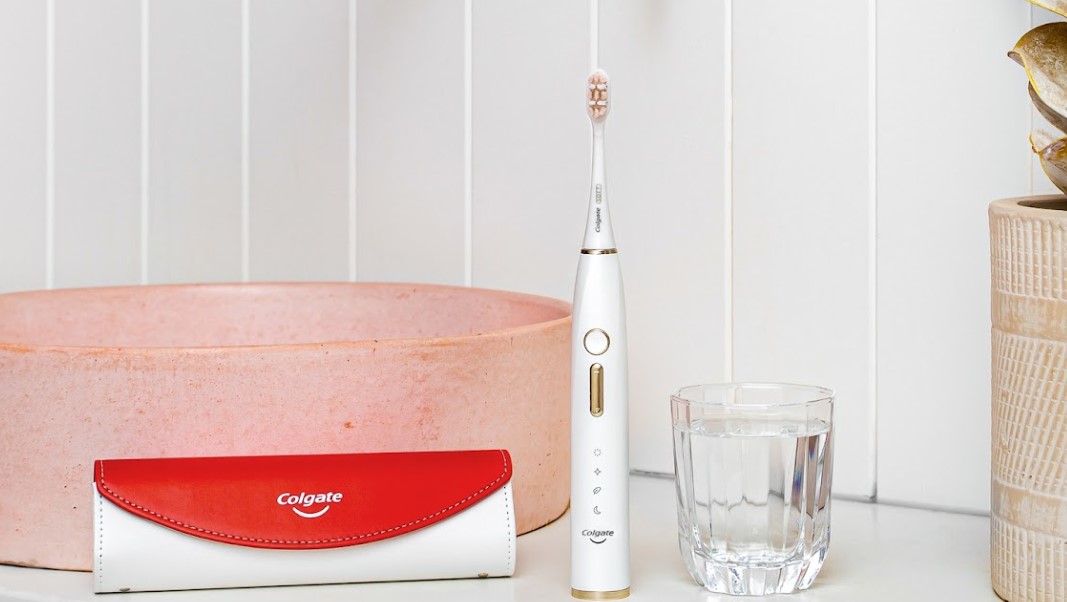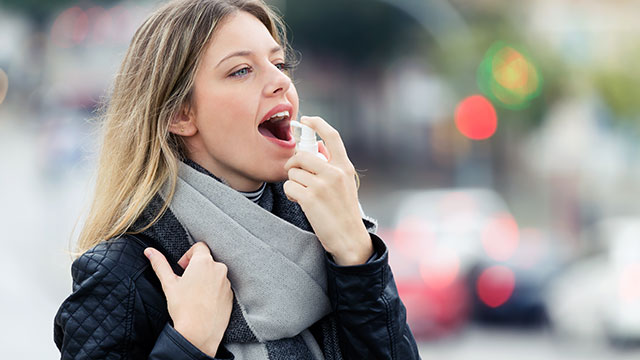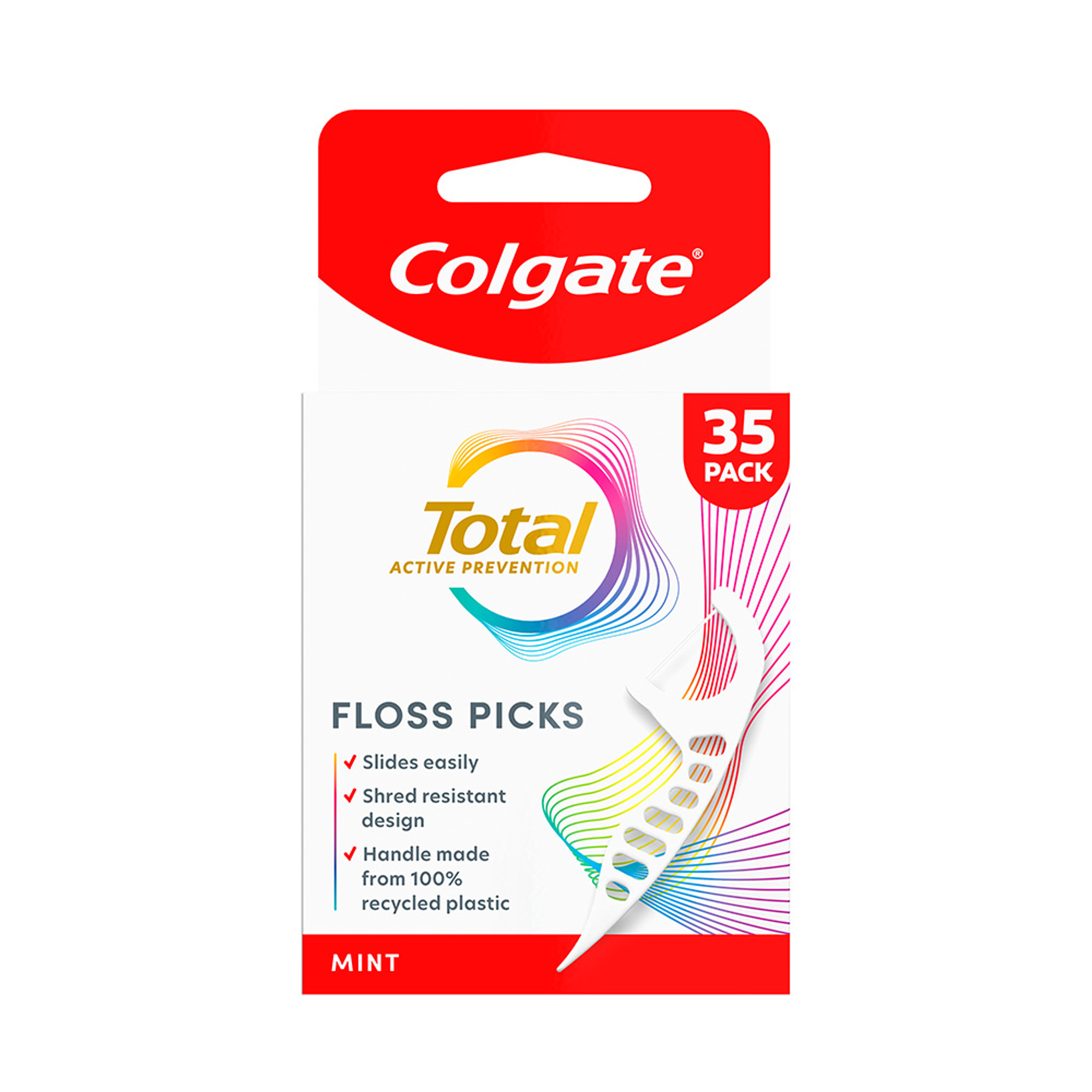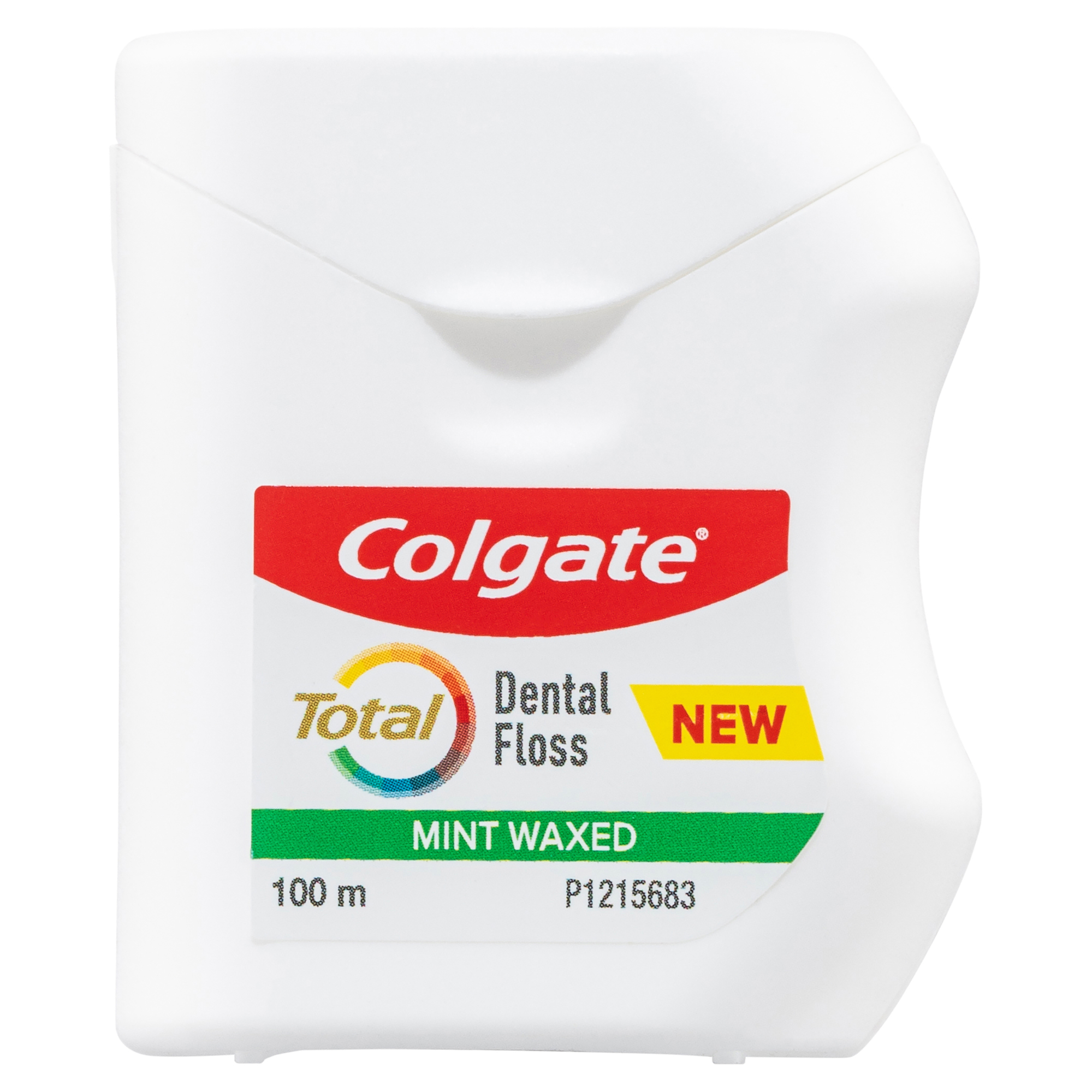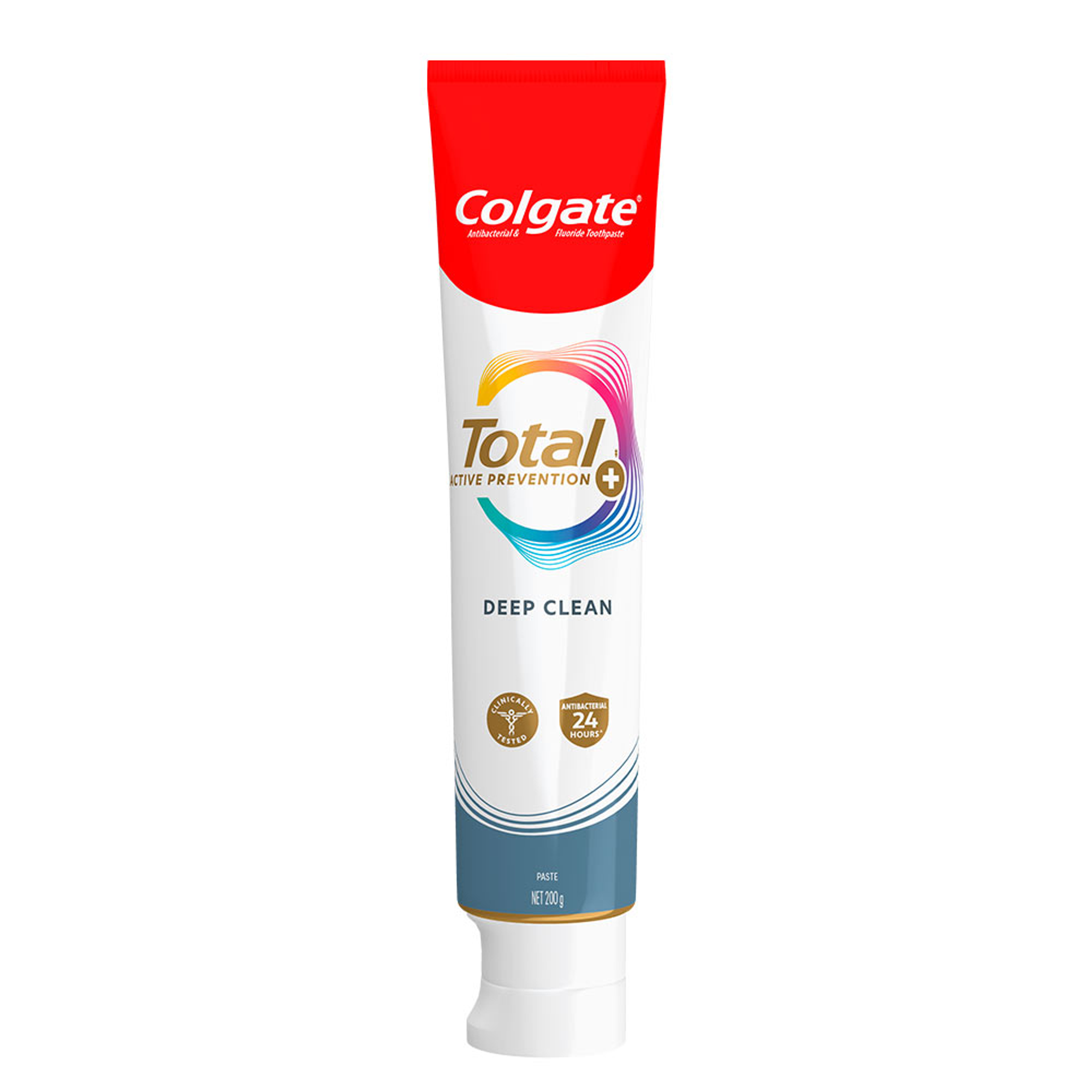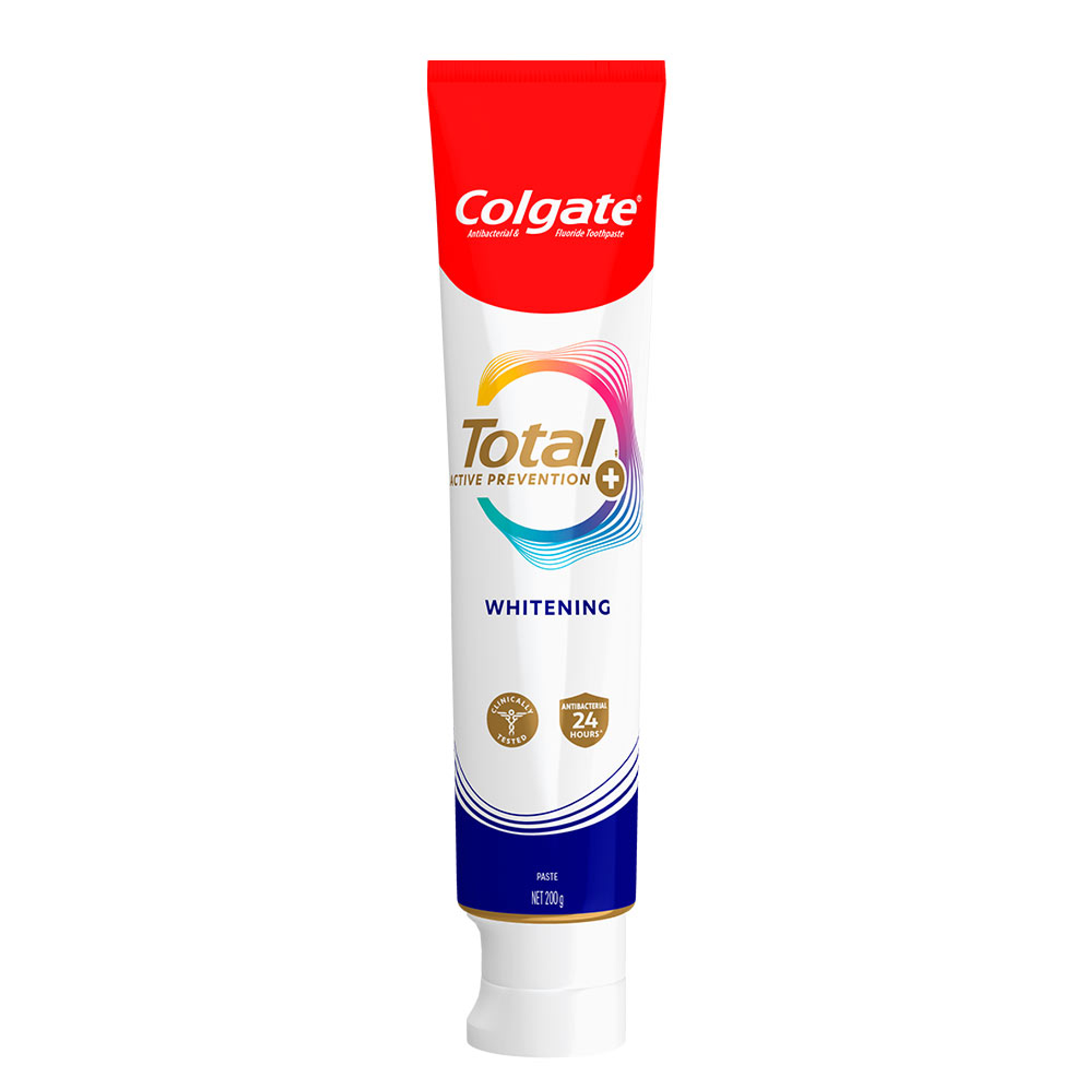The Importance of Good Dental Hygiene
Oral health is an essential part of good health , and brushing twice a day, every day .
Consistent and thorough brushing removes plaque and helps prevent tooth decay and gum disease. Dental professionals recommend brushing teeth twice daily for at least 2 minutes as it helps loosen the sticky film on the teeth called plaque, thereby keeping the mouth clean and hygienic.
Types of Electric Toothbrushes
An electric toothbrush is a kind of toothbrush that has bristles with automatic motion that performs back-and-forth oscillation or rotation-oscillation. Powered by a rechargeable battery, the electric toothbrush cleans the teeth with minimal effort. The two main types include:
Oscillating-Rotary Toothbrush: These toothbrushes oscillate or move back and forth to remove the plaque from the teeth. Rotary toothbrushes move in circular motions. On the other hand, manual toothbrushes rely on the kind of motion you exert on the toothbrush to clean the teeth.
Sonic toothbrushes: They vibrate 10 times faster than standard electric toothbrushes. In addition to brushing away plaque and food particles, this ultra-fast movement sends sonic pressure waves through the toothpaste and water in your mouth. These waves create tiny bubbles of fluid that can reach areas your toothbrush cannot, providing a more thorough clean.
Electric toothbrushes are convenient because they do a lot of the work for you. Their power rotation helps dislodge plaque, and many models have a timer to ensure you brush for two minutes and advice on how to brush all four quadrants of your mouth.
While both electric toothbrushes with their unique features offer better results, it’s more of a personal preference and convenience that matters.
Electric vs. Manual Toothbrush: Which is better?
Brushing twice daily is widely understood to maintain good oral health. The use of electric toothbrushes have gained more popularity because of the ability to remove plaque from the teeth and keep them clean effectively compared to manual toothbrushes. A few factors explain what works better: an electric or manual toothbrush.
The Mechanism of Electric Toothbrush
Electric toothbrushes come with a rotating or oscillating head, that helps remove plaque and bacteria from your teeth. Minimal pressure is required with electric toothbrushes due to the rotation mechanism of the brush, which does significant work for you.
Effective Removal of Plaque and Teeth Stains
Good oral hygiene will help retain healthy teeth for a longer time. Dental professionals recommend brushing teeth for at least two minutes to remove plaque or tartar effectively. Electric toothbrushes use electricity to move the small brush across your teeth at high speed, removing plaque and bacteria more effectively than manual toothbrushes.
Customisable
Electric toothbrushes have different settings and modes so that you can customise the brushing experience accordingly. For example, a gentle mode on the electric toothbrush can be used if you have sensitive teeth. There is no such option with a manual toothbrush. If you wear braces, an electric toothbrush is the right choice as it can get into all the nooks and corners of the teeth much better than a manual one.
Built-In Timers
Most electric toothbrushes come with built-in timers that alert you when you have brushed for the recommended two minutes. This helps you brush your teeth for the recommended time and achieve better oral hygiene.
Impact on brushing pattern
An evaluation conducted on 14 users whose brushing techniques were evaluated by five dental hygienists who reviewed their videotapes concluded that electric toothbrushes encourage users to brush in a more concentrated and focused pattern than manual toothbrushes. An electric toothbrush makes it less likely that you will miss areas while brushing.
Effectiveness of Electric Toothbrushes
Electric toothbrushes are generally more effective at removing plaque and bacteria than manual ones because of the oscillating motion of the brush head that can reach more areas of your teeth and gums than a manual toothbrush. Plus, most electric toothbrushes have features like timers that help you brush your teeth for the recommended two minutes and avoid touching too hard.
Electric toothbrushes offer a variety of features that can help you customise your brushing experience, such as different modes and vibration intensities. Electric toothbrushes typically have an ergonomic design and effective mechanism, with soft bristles that are gentle on the gums.
Tips for using an electric toothbrush effectively:
Choose an electric toothbrush with a timer to help you brush for the recommended two minutes.
Use a soft-bristled brush head.
light pressure.
Do not brush too hard.
Replace your brush head every three months.
Overall, electric toothbrushes are an effective way to clean teeth. With some care and attention, you can use an electric toothbrush to keep your teeth and gums healthy for years.
Switching to an Electric Toothbrush
Some people find brushing their teeth using manual toothbrushes for the recommended two minutes tough. That's where an electric toothbrush works wonders. An electric toothbrush can help brush teeth more effectively and efficiently, even at the hard-to-reach areas of the mouth.
Switching to an electric toothbrush is a good option if you want to improve your oral health. There are a few things you need to know. First, choose an electric toothbrush that has a soft-bristled brush head. Hard-bristled brush heads can damage your gums. Second, make sure to replace your brush head every three months. Third, use the toothbrush for two minutes twice a day. And finally, consult your dental professional if you have any questions or concerns about using an electric toothbrush.
Key takeaway
Electric toothbrushes can remove plaque more effectively than manual toothbrushes, and they have built-in timers to ensure the recommended two-minute brushing. Electric toothbrushes can also be a good choice for people with limited mobility, as they require less manual dexterity. Ultimately, the best type of toothbrush is the one you use! It is best to consult a dental professional for more information on the best type of toothbrush for your needs.
This article is intended to promote understanding of and knowledge about general oral health topics. It is not intended to be a substitute for professional advice, diagnosis or treatment. Always seek the advice of your dentist or other qualified healthcare provider with any questions you may have regarding a medical condition or treatment.





